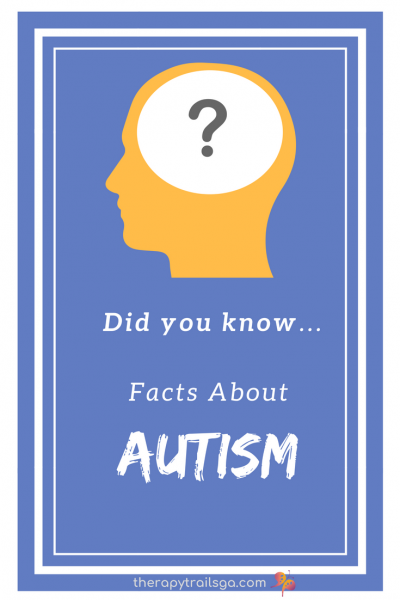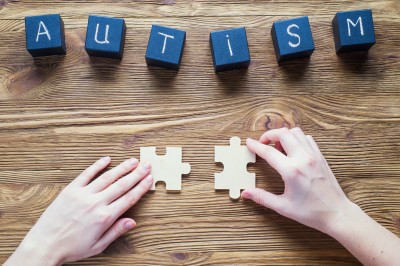Did you know… About Autism???
 We couldn’t let the month of April slip by without acknowledging that it is Autism Awareness Month. Let’s make you even more aware of this condition through a game called “Did you know…”
We couldn’t let the month of April slip by without acknowledging that it is Autism Awareness Month. Let’s make you even more aware of this condition through a game called “Did you know…”
If you answer “yes” to most of these, congrats! You are very aware of Autism. Go share your knowledge (and love!) with others!
If you answer “no” to most of these, then we succeeded at making you more aware of Autism. After all, it is Autism Awareness Month.
Side thought: How many times can we say “aware” in this blog post? We are up to 6 so far.
Aware.
Ok, make that 7.
Now, back to our game. Let’s start with an easy one.
Did you know…
ASD stands for Autism Spectrum Disorder.
Did you know…
Individuals diagnosed with ASD typically have a combination of the following: communication deficits, social interaction difficulties, and repetitive or restrictive interests. However, because it is a “spectrum,” the severity of these behaviors can vary greatly from one person to the next. Some individuals with ASD may also have what we refer to as “sensory difficulties” that show up as super-sensitivity to lights, smells, sounds, and tastes.
Did you know…
According to the CDC, about 1 in 68 children are diagnosed with Autism Spectrum Disorder (ASD).
Did you know…
Males are more likely to have ASD than females. In fact, ASD is 4 ½ times more common in boys. That is equal to approximately 1 in 42 boys and only 1 in 189 girls having ASD.

Did you know…
No exact cause for autism has been identified. Several links to ASD have been made, including genetics and brain development and differences. Environmental factors, such as one’s diet or exposure to toxins, are being researched, but no link has been made. Let’s ease your mind with the “vaccines” controversy. Much research has been conducted with results showing no connection between vaccines and ASD. See for yourself here.
Did you know…
Many parents report signs of ASD by the time the child turns 2. Diagnosing ASD should be a “team approach” with the help of a pediatrician, psychologist, speech-language pathologist, occupational therapist, and any others who interact with the child. Some “red flags” to watch for are:
- Repetitive movements with arms or objects
- No response to people or sounds
- Repeating words and phrases over and over
- No eye contact or interaction with other people
- Communication deficits (ex: stops saying words, difficulty answering questions)
These red flags by no means diagnose a child. They are just behaviors that a parent or caregiver should watch for in their child.
Did you know…
Asperger’s, which is commonly used to refer to “high functioning” individuals with autism, was removed from the diagnosis manual in 2013. Instead of using this term, three levels of severities are used to describe the deficits present.
Alright. How much did you know? Are you more aware, or at least more informed, than before?
So, the next time you are on Jeopardy, maybe these facts will be helpful for the million-dollar question. And if it is, share the wealth? Yes? No? Maybe?
(Reference: American-Speech Language and Hearing Association and Autism Speaks)

